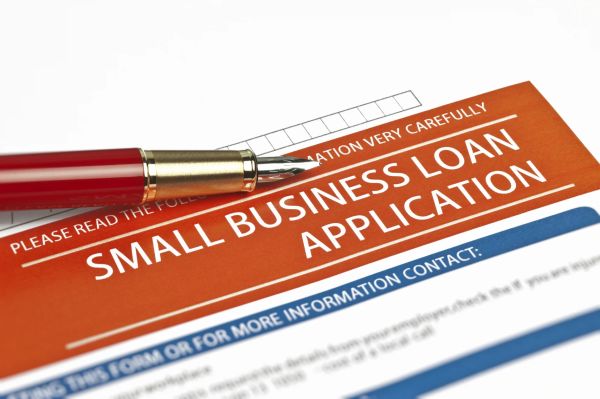Debt has a bad reputation.
Many people see debt as a sign of failure, but the truth is that personal debt and business debt are very different. In fact, small business owners who carry debt have higher credit scores and personal income than consumers who do not own businesses.
The challenge then, is to strike the right balance of debt to assets so to support the growth of the business rather than pull it down.
Debt Can Improve Cash Flow

A business loan allows you to leverage your profits and balance uneven cash flows. Taking a loan to purchase a piece of equipment or hire a resource that will generate income beyond that debt is simply a smart move. For seasonal businesses, a loan can keep cash coming in the door during slower months, and the debt can be paid off when the company is flush. Both options assure the ongoing operations of the business and support its growth. The loan you receive must be at a low interest rate and it is beneficial if it can be repaid early without penalty.
Debt Can Help You Expand
Whether you need a bigger space, second location, more staff, or additional equipment, taking on debt can make more sense than saving until you can afford to make these moves debt-free. When the expansion is supported by realistic expectations and a business plan, debt can help you expand at the right time to take advantage of consumer interest in your products and services, trends, or a great opportunity that will pass you by if you don’t act quickly. Debt can keep your business on a path of growth.
Debt vs. Equity
Some small business owners are uncomfortable with debt and prefer to give an investor equity in their business instead of taking out a loan. Equity can be a good choice if the business is a true startup with no revenue or profits since you have no risk and no loans to pay back. However, for established companies it may not be the best option because you are selling off equity to someone who profits from the work you’ve already done. You lose full control of your business since your investors have a stake in the outcome which gives them a say in what you do and how you do it. A loan is often better for ongoing concerns because you retain control of the business with a time-limited debt.
Check out this video from Skillshare for a deeper dive on which is best for your business:
Small Business Debt Options

If you need a small business loan to address a short-term cash flow issue or grow your business, there are several excellent options. The best place to start is the Small Business Administration (SBA). This organization does not lend money but has three loan programs specifically tailored to support the startup and success of small businesses. It works with lenders to apply these programs and deliver lower-interest loans to small businesses.
Another option is to seek a traditional term loan from a bank or a line of credit. You can also purchase equipment with an equipment loan or leverage your accounts receivables with invoice financing. It may be beneficial to speak with a business accountant to select the right option for your circumstances.
Manage Debt
The best way to manage debt it is to take inventory –know exactly how much you owe, to which lenders, and at what rates. This inventory allows you to pay down the highest rate interest loans first, which protects you from risk of bankruptcy. You can also manage debt by boosting sales, which may require a more active social media presence, sales and customer loyalty campaigns, and raising prices.
Cost cutting is another way to manage debt, though it can be an emotionally charged option. Downsizing, selling off unused or underutilized equipment, and cost sharing with other companies can help reduce costs which means more funds can be channeled to debt repayment. Regardless of how you choose to manage your debt, start by establishing a realistic picture of your debt, income, and assets to help you make the best possible decisions.
Consolidate Debt
Debt consolidation is an excellent tool to manage excessive debt and avoid business closure or bankruptcy. With a debt consolidation loan you combine the high interest debts and repay them through a fixed monthly payment. This is an excellent choice if you have several high-interest credit card bills, since the debts will be paid off at a significantly lower rate. Unfortunately, the debt consolidation industry is filled with fraudulent companies. However, there are several ethical, top-rated debt consolidation companies that will truly help you control your debt, so you can focus on operating your business.
Bottom Line
Debt is a double-edged sword for small businesses. It provides opportunities for improved cash flow and growth and is often a better option then finding an investor. However, debt must be managed, or it can drag a successful business into bankruptcy. Still, the right debt can provide the resources you need to take your business to the next level.
Brian Hughes is the founder and CEO of Integrity Marketing & Consulting, where he helps his clients build powerful brands through inbound marketing. He is a frequent contributor to several other sites.


